Tips on Finding the Right Plumber
As with many types of home services businesses, residents can be overwhelmed by their options and unsure of where to start. And, if you've had bad experiences with plumbers or other home services companies in the past, you're probably eager to get a clear, simple answer to the question, "How can I find top-rated plumbers near me?"
While there's no magic answer that will quickly turn up your perfect plumbing match, you can take fate into your own hands by learning how to research and evaluate your local plumbing options. Here's a quick overview of how to find a plumber that you can depend on when plumbing issues arise in your home.
When's the Best Time to Find a Plumber Near Me?
If you're new to your area, unhappy with your current plumber, or you simply haven't had a need to call a plumber to do work in your home, you might not be facing an urgent situation that requires the services of a plumber right away. But that doesn't mean you shouldn't be trying to find a local plumber: the best time to find a plumber is before you're dealing with a plumbing emergency.
When plumbing leaks, clogs or other issues develop, you're likely in a rush, and dealing with a lot of stress at the same time. It's hard to make carefully considered decisions when trying to tackle a plumbing crisis. By doing your research, calling around and comparing local plumbers ahead of time, you can create a short list of possible candidates that can be contacted when your moment of need arrives.
What Matters When Seeking Out the Best Plumber in My Area?
What matters when comparing your local plumbing options? If you type "reputable plumbers near me" into a Google search, you'll likely turn up a long list of options. But this doesn't necessarily mean that any of those plumbers is the "best" option, or that they offer the services and customer experience that you're seeking in your ideal plumber.
With that in mind, here are some of the most important criteria to consider when looking for a plumber:
- Experience in the industry. Has the plumbing business been around for a while? Do they have an established reputation in the community? Is your home being serviced by a veteran company, rather than a new outfit started by less experienced plumbing professionals?
- An active license and insurance policy. Always verify the license of any plumber, including the expiration date to make sure the license is valid. You should also confirm that the plumber is bonded and insured in the event of mishap on the job site.
- Hourly rate. Price is always an important consideration when choosing a plumber. However, be careful not to overemphasize price, which can lead you to hiring plumbers with a poor reputation and/or limited experience.
- References from past clients. Whether this comes from client referrals, online reviews, or both, these references can help you evaluate a plumber's overall customer service and quality of work.
- Overnight and weekend availability. Limited availability outside of regular working hours can be a problem if your home's plumbing suddenly springs a leak. The more available those plumbers are to respond to emergencies, the more peace-of-mind you can enjoy when things go wrong.
- Response time. While it's sometimes difficult to determine the response time of a plumber before you experience this response first-hand, most people want their plumbers to make a home visit as soon as possible. If you're constantly facing situations where you're having to wait too long for the plumber to visit your home—and suffering home damage or other inconveniences as a result—you may need to find a different plumber, even if you're happy with their work.
How to Find a Plumber Near Me
Many people want finding a plumber to be an easy, straightforward process. While it's always helpful to identify your local options by conducting a Google search or asking friends, family and neighbors for referrals to plumbers they've worked with in the past, you also need to be able to compare these plumber options based on the criteria mentioned above.
By reviewing company websites, reading online reviews and calling the business office for that plumber, you can gather information that will help you make an informed decision—and increase the likelihood of your satisfaction with the plumber you end up choosing.
Don't wait until you're facing an emergency to start your plumber search. Give yourself time to thoroughly explore your local options and pick out the plumbing businesses that offer everything you're looking for. With the right plumbing business a quick phone call away, you can rest assured that your home will be well-protected and cared for when new plumbing needs arise, or in the event of an inevitable plumbing emergency.
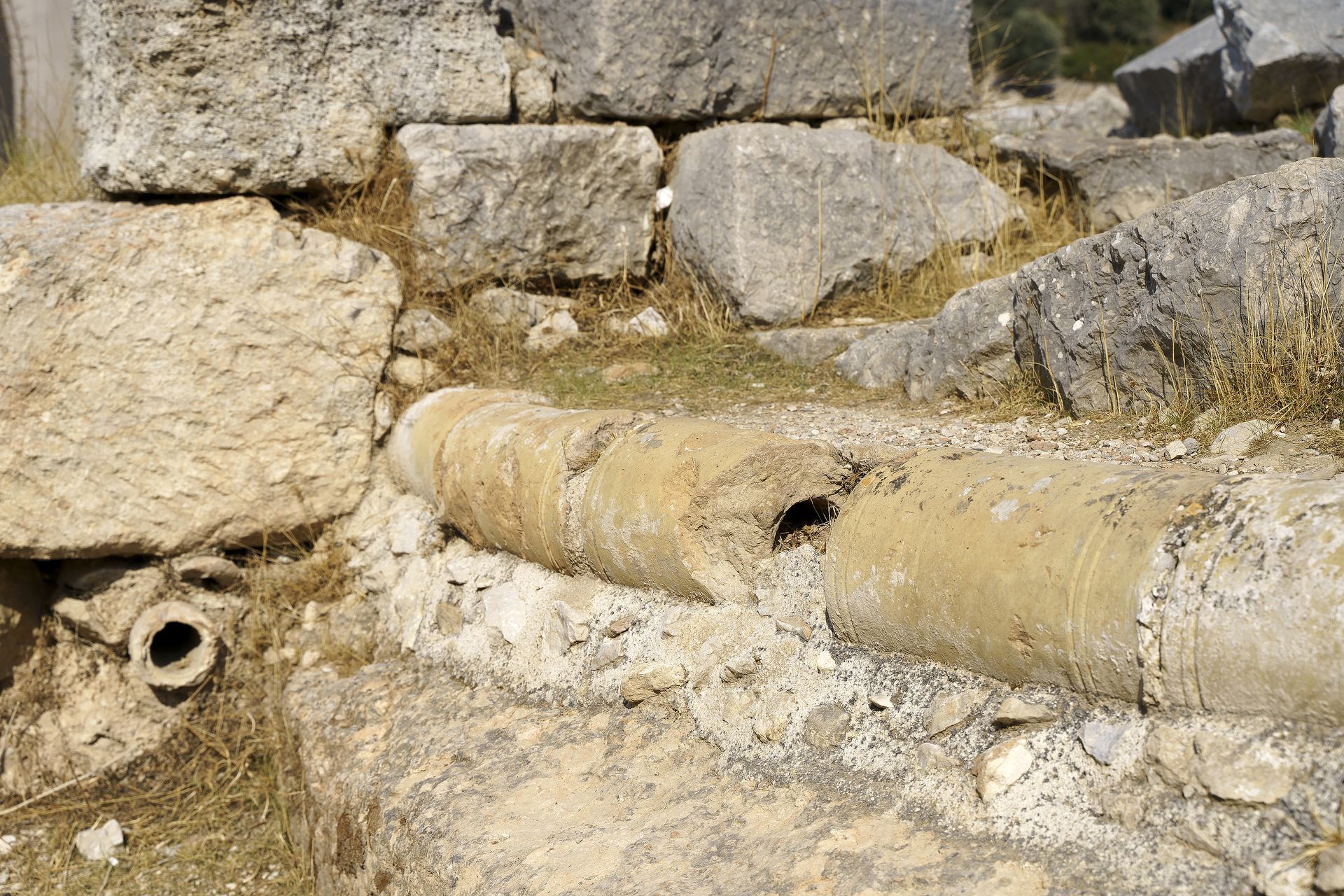
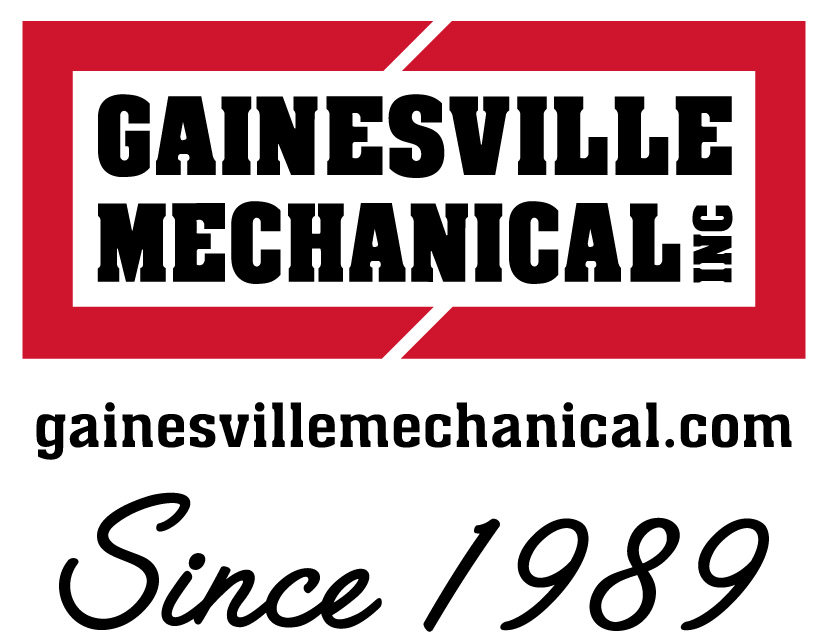
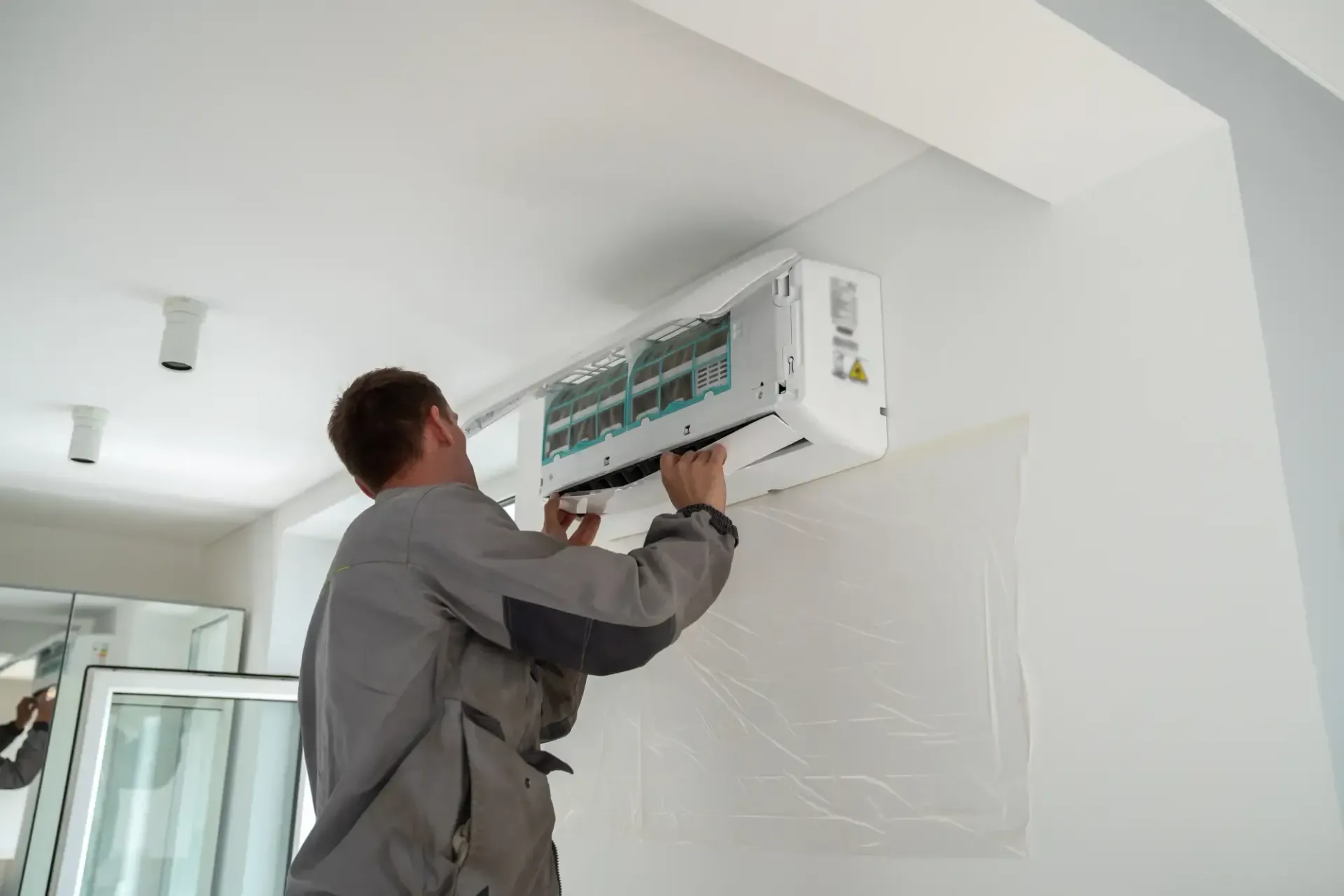
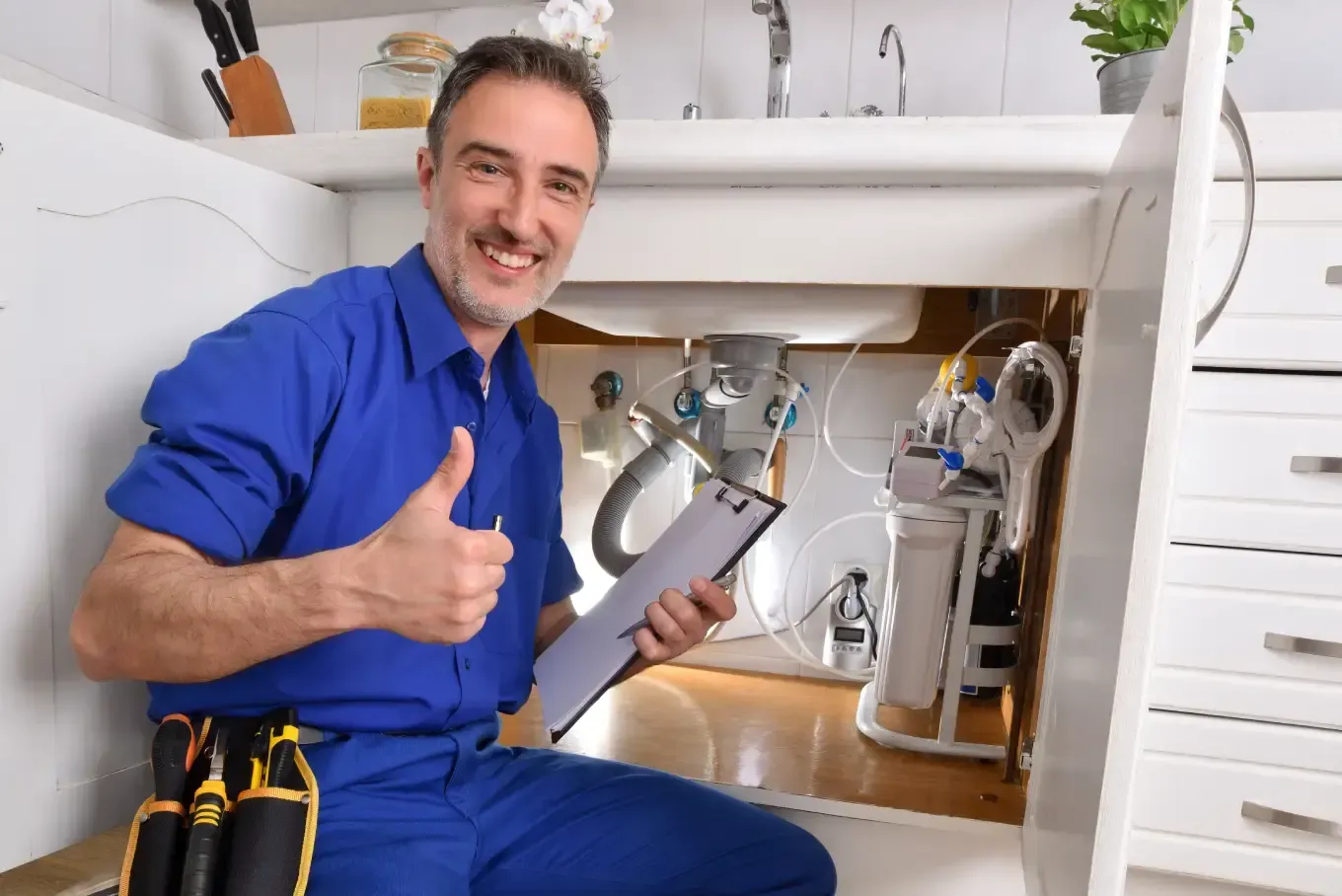
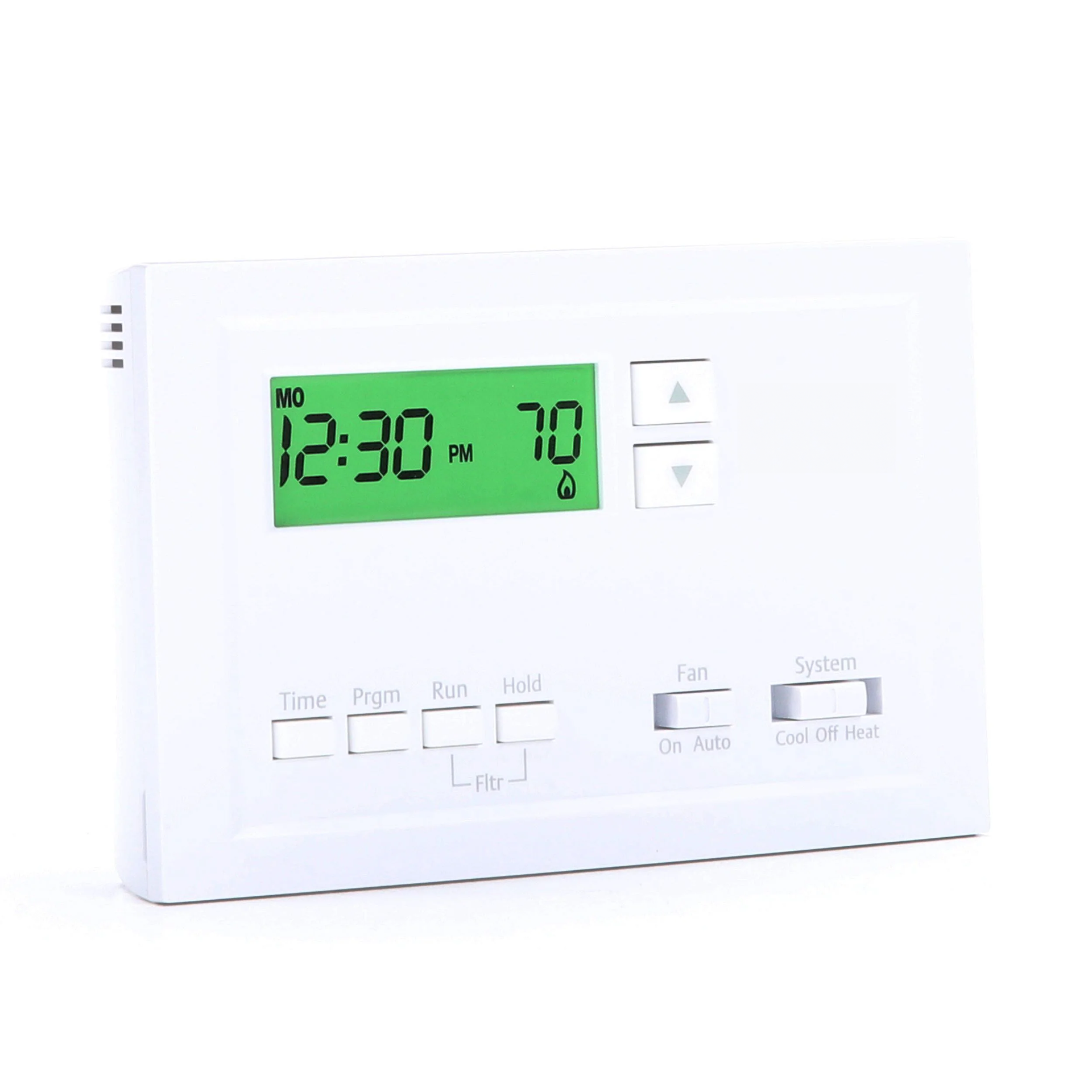
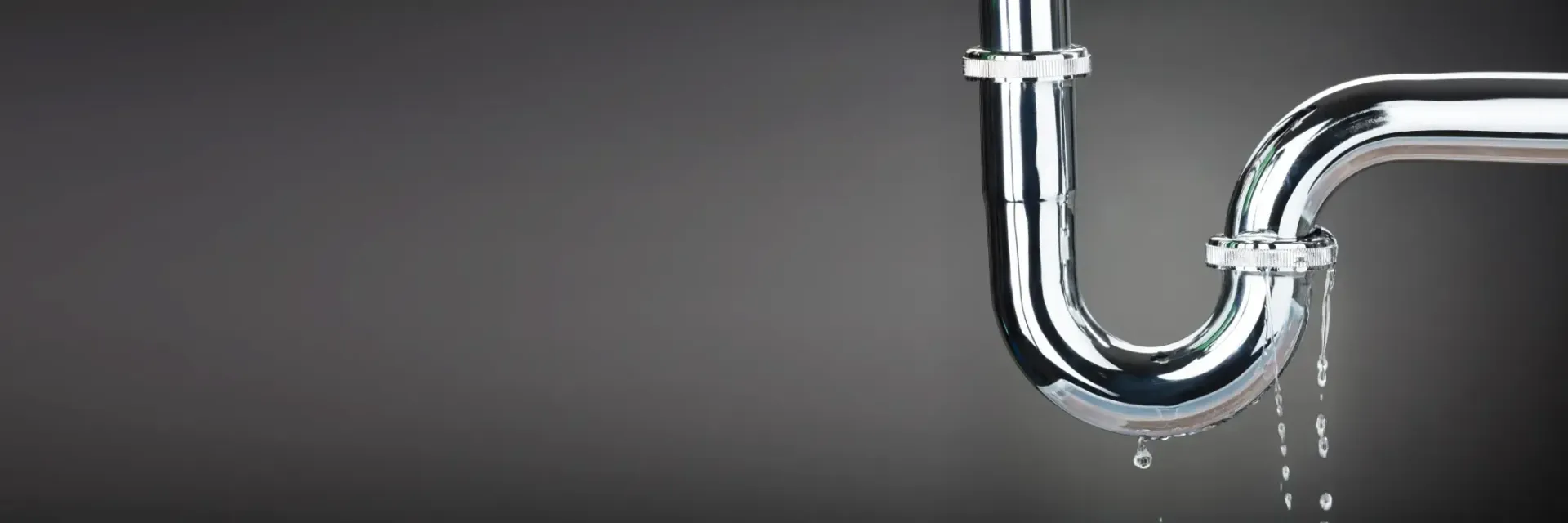
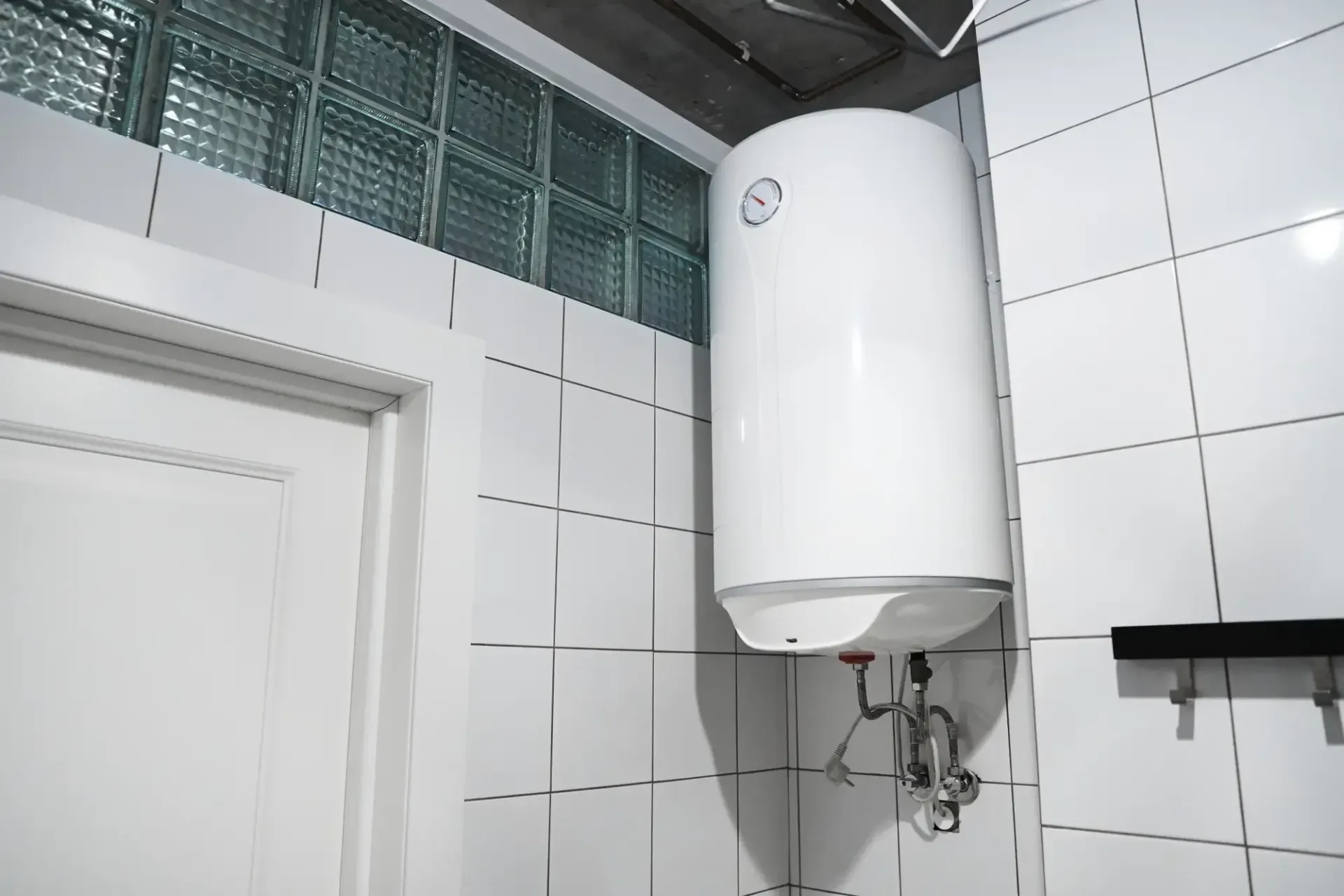
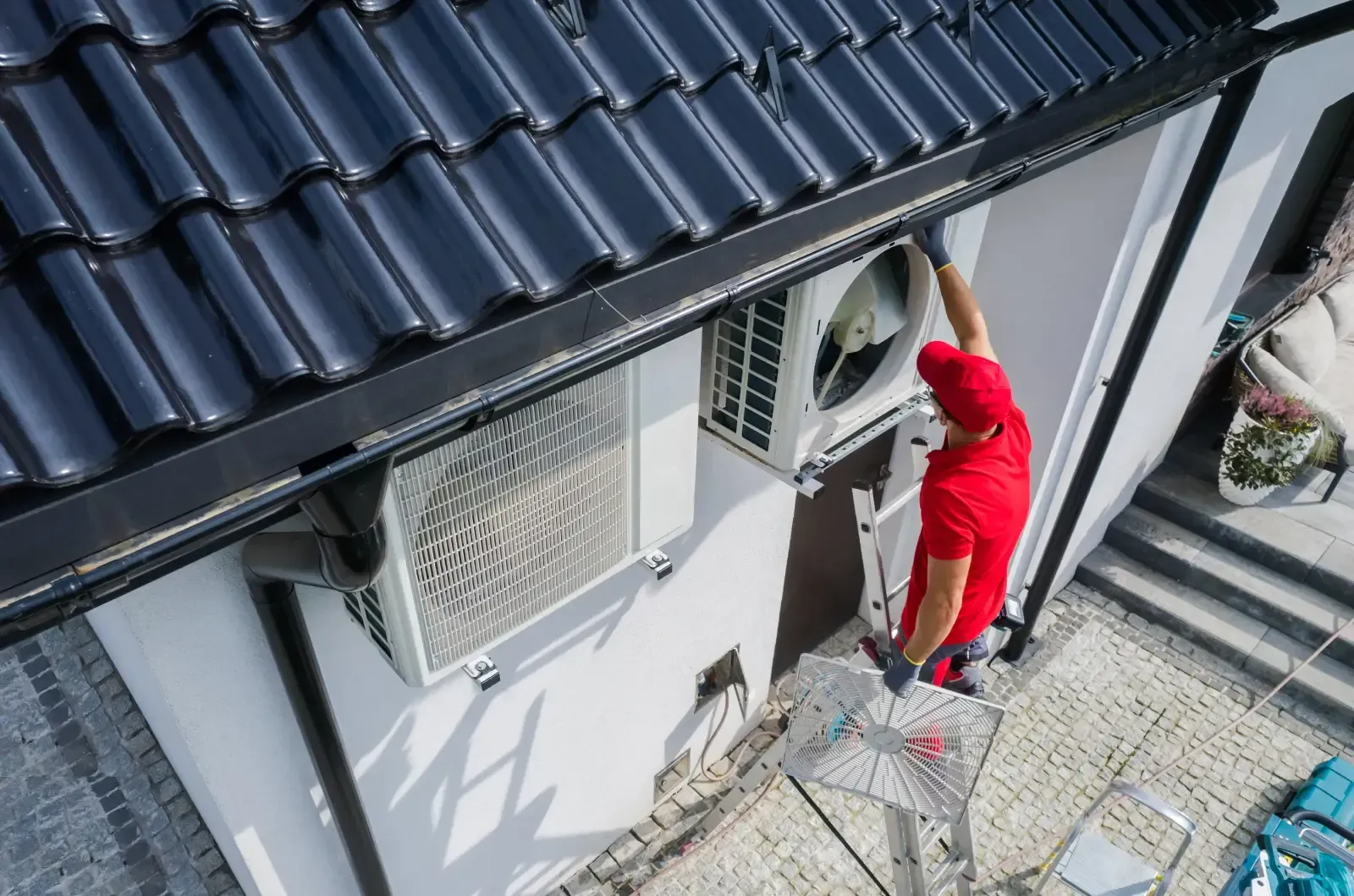
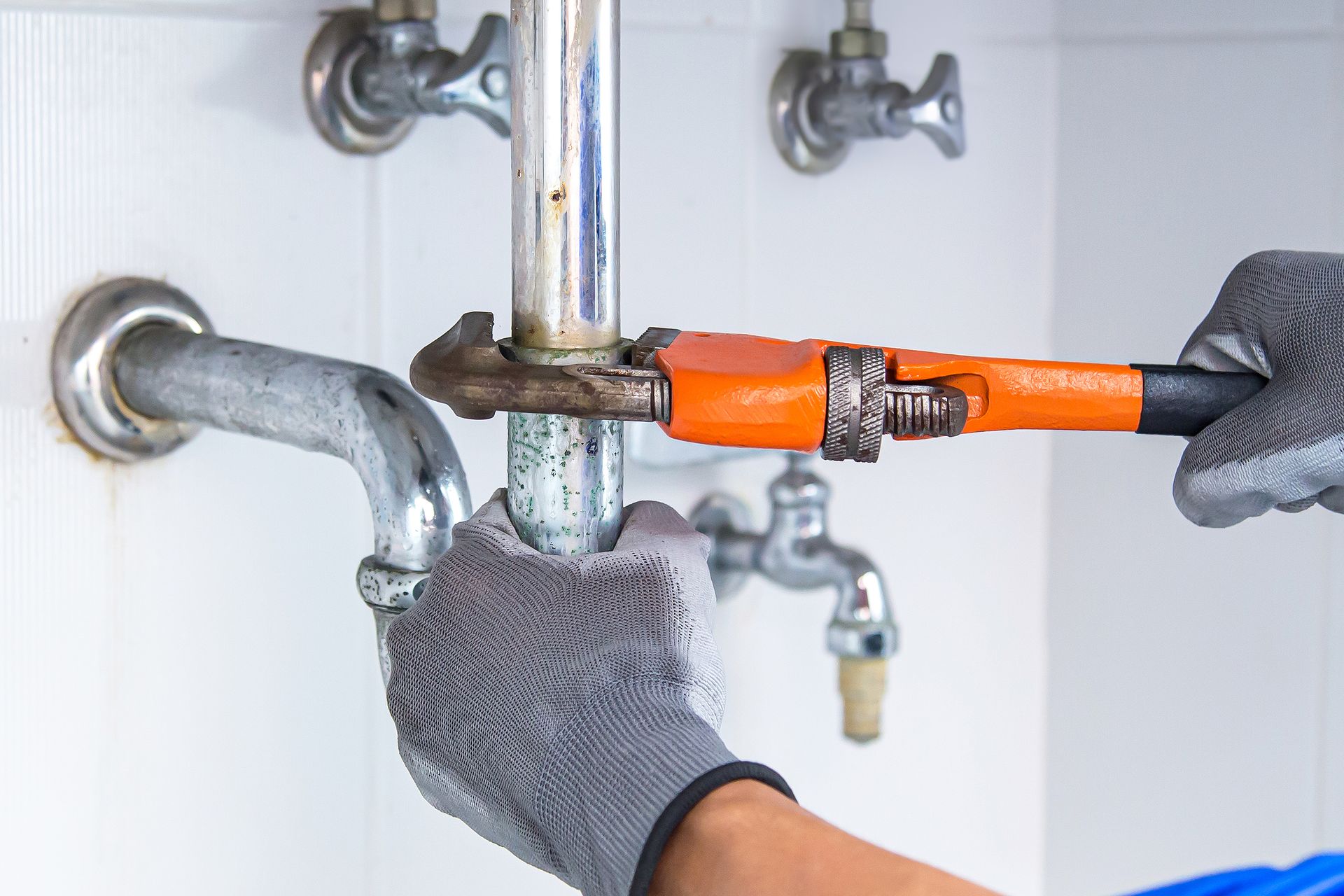
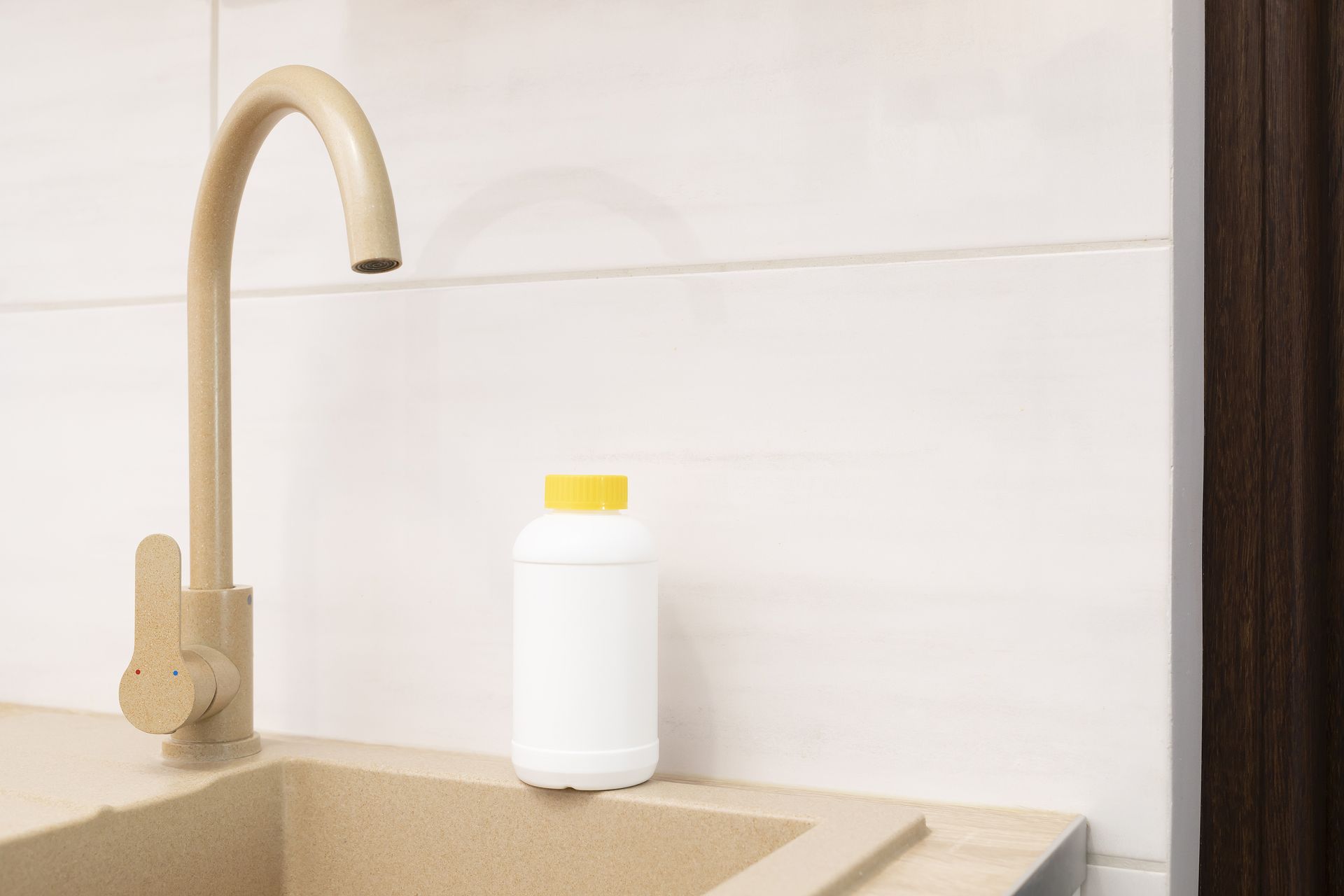
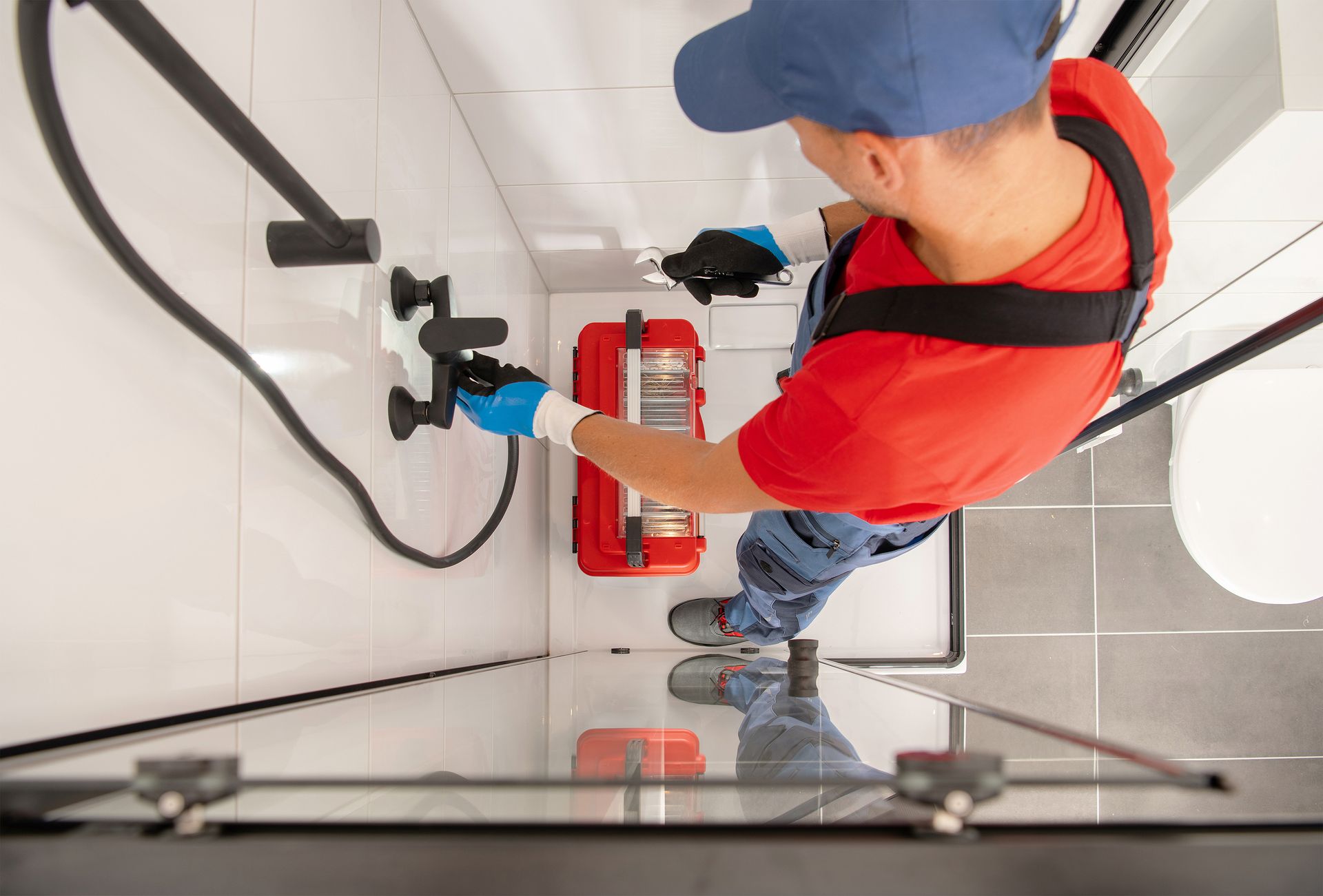
Share On: